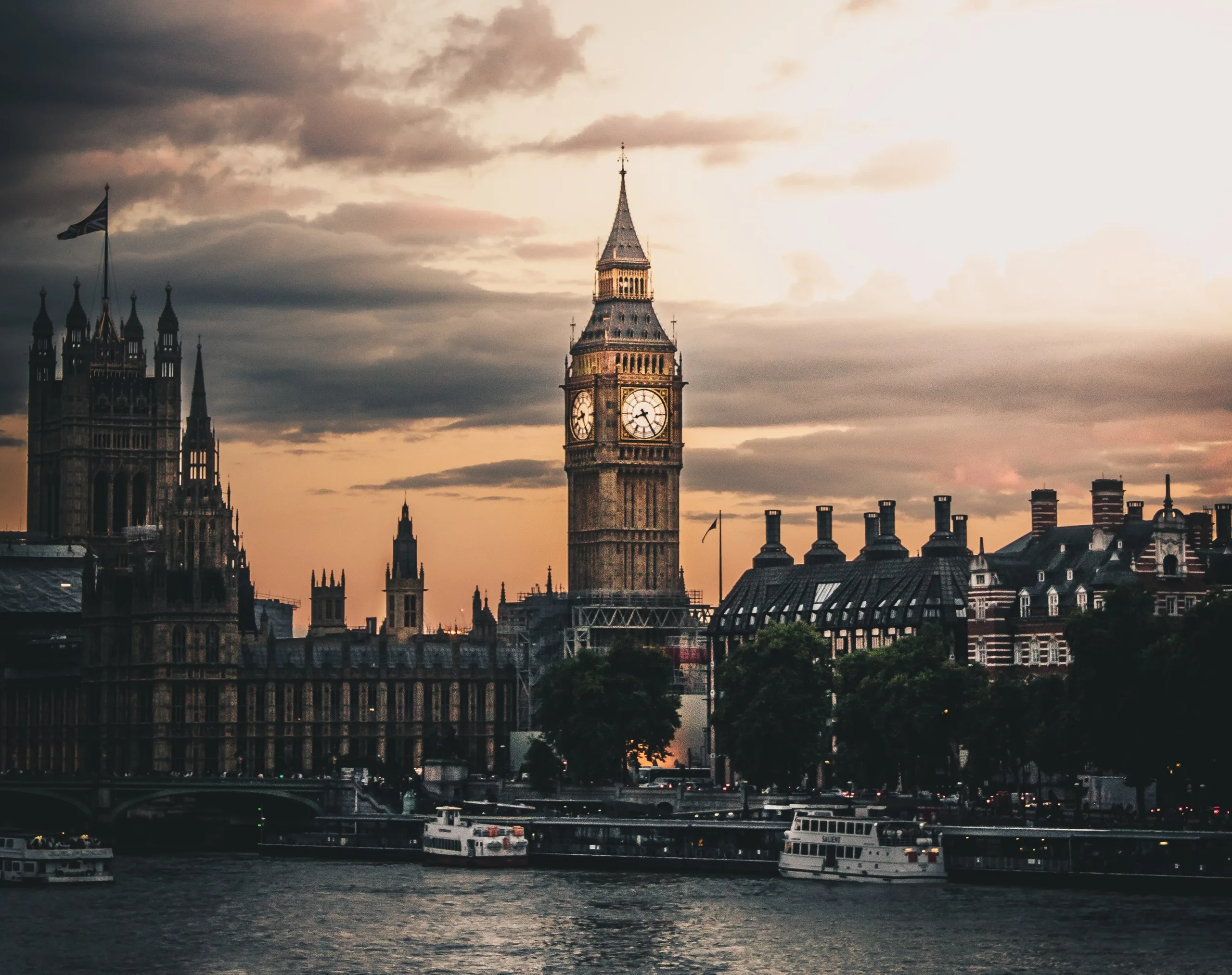Political donations increase in the run up to elections. Donations nearly doubled between 2022 and 2023 and they will inevitably increase this year as the election looms.
Whilst historically the Conservative Party has attracted donations from wealthy individuals and the Labour Party’s donations have come from trade unions, times are changing. In 2023, the Labour Party received £5.9m from trade unions, in contrast to £14.5m from companies and individuals.
It is not for a reputation lawyer to seek to explain the shift in the source of donations or the consequences, but donations to political parties do raise interesting reputational and privacy issues.
Media storms relating to political donations and donors are nothing new. Looking back over the last few years, reputational issues for donors and associated parties have dominated many column inches in newspapers and many hours in the defamation courts. Frank Hester was in the news earlier this year relating to comments he made in 2019, which went unreported at the time but found their way onto the front pages of every paper around the time he was described by the Conservative Party as their “biggest ever donor”. Mohamed Amersi, a Conservative Party donor, and Aaron Banks, a funder of the pro-Brexit Leave campaign, have both had their own libel battles and it is fair to conclude that neither would have featured quite so heavily in the press had they not been such substantial donors.
Substantial donations to political parties must be reported and appear on the Electoral Commission register. This means that the names of donors and details of their donations are accessible to the public, opposition parties and journalists alike, some of whom regularly scan the register for leads for stories. Donors may not consider the impact of this at the time they decide to donate and even if they do consider the impact, they may not be overly concerned. The registration of the donation can feel innocuous and a donor will generally be happy to publicly record their support. However, this is only the start of matters.
In public perception, donors become aligned with the political party. The public are inherently suspicious that donations are made for access or influence. Therefore the consequence of making a substantial donation is an immediate increase in scrutiny and with that comes a risk to reputation and privacy. Who is the donor? Do the donor’s values align with those of the party? Should the party accept money from the donor? Has the donor done anything questionable in his past? What might the donor be hoping to get in return?
The public perception and speculation means that writing about donors and their donations is easy column inches for the press. Journalists after a scoop may dig around in the donor’s past and suggest that it is morally questionable for the party to accept their money. In trying to find information, the donor’s connections, business interests and families can come under scrutiny. Their tax and financial affairs can be put to the test. The probity of close family members can be put under the microscope. The process itself can cause embarrassment and be intrusive, even if nothing is ultimately found or published.
Even if there is no sensitive or embarrassing information, the press can still cause intrusion and embarrassment. The motives for making a donation, the amount and source of the funds and what the donor gets in return may become a topic of interest. The motives are often be portrayed as nefarious or improper, such as seeking honours, questions in parliament or inappropriate influence. This can have an impact not just on the donor’s reputation and privacy but also on the party as well as the donor’s family, friends and corporate interests.
The difficulty for the donor, from a legal perspective, is that, once the donation is made, the press will consider that they have greater protection. Put simply, the press will almost invariably argue that they can publish defamatory allegations and private information because donors become ‘public figures’ and are a subject matter of ‘public interest’.
The question of whether a donor is a ‘public figure’ is relevant to their privacy rights. It will require careful analysis but, if the donor is a ‘public figure’ (which may be likely where substantial donations are made, a donor aligns with a political party or the donor seeks to play a part in political life), this status impacts the extent to which it is reasonable for them to expect privacy. However even public figures have a right to a reasonable expectation of privacy and therefore it should not be assumed that just because they have donated then every detail about their private lives can be published.
The press will almost invariably argue that they can publish defamatory allegations and private information because articles about donors are a subject matter of ‘public interest’. Indeed the ‘public interest’ defences that are built into the law of defamation and misuse of private information may be more available to protect a publisher once that person becomes a donor to a political party. However, again whether a ‘public interest’ defence applies will require a careful analysis but it is fair to say that this defence is not the same as arguing that the information is interesting to the public.
There are also other areas of law which can protect donors from intrusion and speculation in the right circumstances, such as harassment, breach of confidence, data processing and malicious falsehood.
Whilst it is fair to conclude that making a substantial donation to a political party can put your privacy and reputation at risk, there are legal avenues and strategies available to donors. It is important for prospective donors to be aware of and prepare for scrutiny and intrusion before making a donation. What issues from the past might the media try to exploit and what can be done to reduce risk relating to them? How might the media seek to criticise the source of the funds for the donation or the motives for making it? How could this impact on family life and corporate interests? Dealing with these questions at any early stage and planning a strategy is crucial to ensuring that a donation does not cause embarrassment for either the donor or the party receiving the donation. Lastly, it is important for donors to consider and plan for who they might need in a media storm (crisis communicators and lawyers) so that they are prepared to deal with enquiries from journalists in a manner that protects their reputation and privacy.



